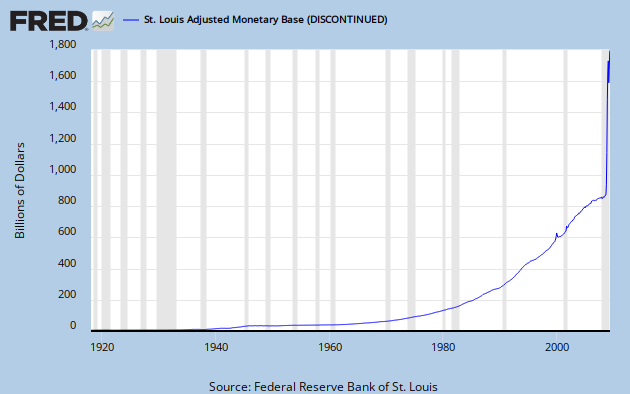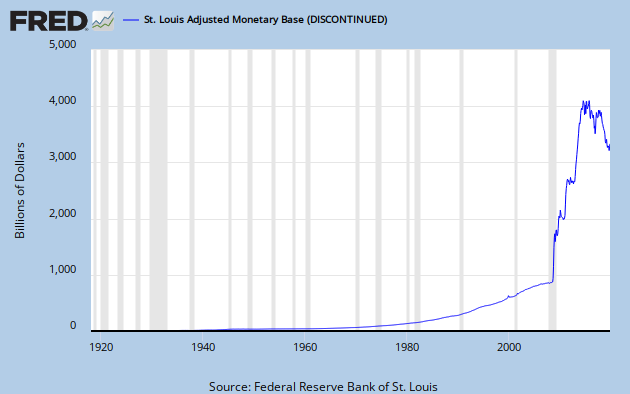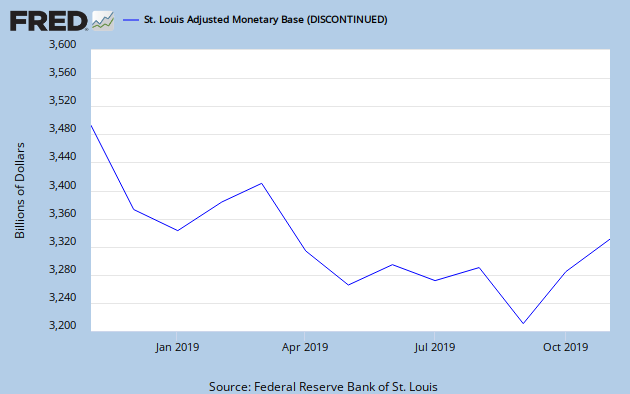This was the front page on CNN this morning and I couldn't resist capturing it and posting it here.
To me, this is a perfect example of what is wrong with our economy and country right now.
Warning: Generalized statements are about to be made which may not be true for all parties involved.
Standing for Nothing
There is a group of people who feel entitled to something without doing anything, or whatever it is they want. (see
Occupy Something)
Speaking for Nothing
There is a group of wealthy people who feel that government should place even more of the burden on the rich. The fact that this call is now also coming from a couple dozen wealthier people does not change the fact that it is just another call to redistribute wealth. The fact that Warren Buffet is being used to champion this idea is simply ludicrous. (
Buffet has sheltered his wealth from Federal Taxes and has admitted that he thinks the government would not handle the money as effectively and efficiently as a private organization.)
If the wealthy are so concerned with how much they have, they should stop making so much profit (money) or start giving a lot more of it away. This is their personal problem and not the government's problem. If they truly were struggling to sleep at night because they honestly believed that they had too much money and that it could be used to aid other people who desperately need it, they would have already set into motion the actions required to reconcile that conviction on their own. There is no role for the government required here. Thus, it is a cheap political stunt.
Neither of these groups represent a majority opinion. Far from it.
How did we end up here?
Our government has adopted the strategy of the one offered by the company to the right of the page. Spend what you do not have now, pay off less than the interest later and at some point down the line you will realize you are in way over your head and you will desperately need to change your behavior. However, like most Americans, our government refuses to change its spending behaviors, even after after the cost of continuing down the same road become patently clear and the outcome unavoidable.
How do I think we get out of this mess?
- We stop catering to the minority of the population who screams the loudest. We stop handling them with soft gloves. If you want to protest anything, you need to do it within the bounds of the law. If you go beyond the law, then you should have the entirety of that law brought to bear against you and the organization you claim to represent.
- We need to stop listening to people who claim to offer solutions that appear selfless, when the reality is that their "solution" will not solve the problem. In fact, their path only leads to people other than themselves having more money taken away from them, thus increasing the gap between the ultra-rich and the wealthy.
- We stop spending money we do not have. We force our government to work for us, as it was intended. I do not work in order to pay for a government program. I work in order to have the ability to provide for my family's current and future needs. I am planning for my own future, as best as I can. It would be a lot easier for me if the government that is charged with protecting me woudl stop attacking me financially.
- We stop putting people in positions of power that cannot balance a budget. If you cannot run a household or business without going into debt, we do not need you attempting to guide the country. If you cannot run an election campaign without bungling your finances, we don't need you "helping" solve the crisis we have placed ourselves in as a nation.
- We stop electing people because they seem nice or energetic or young or whatever. We need to elect good, strong people to lead this country in a new direction. We need politicians who see it as being allowed to offer their services to their country and fellow citizens for a season, instead of having politicians who see it as the ultimate SWAG party and ridiculous retirement plan.
- We need to stop electing non-representatives. You work for me as well as the guy who disagrees with me. I am a fellow citizen of yours, just like he is - we are not just your constituents. You answer to me, even when you don't want to. If you make a choice that I find different from my desire, I have the right to express that opinion, regardless of how it might make you feel. If you do not want to hear the opinions of those that you claim to represent, then you have no right to claim to be their representative.
- We need to throw political correctness and sensitivity in the trash can. At the moment, there is very little room in political discourse for us to skirt around certain issues on our tippy toes because you or one of your lobbyist friends might take offense. Please be offended. Be offended that it took so long for you to feel or recognize how poorly you have done your job. Be offended at the fact that many of your actions have led us to this place. If you are too sensitive to deal with these very real, very large issues without getting your feathers ruffled through a lively, boisterous and heated debate, then there is no place for you in politics. Go home and cry in your bed for a while - the country will be better off with you there. This isn't to say that we should be hateful or disrespectful, but we should get fired up about what you are and are not doing with and to our country. That is patriotic. If you cannot handle grown up conversation in a real world that isn't filled with fairies and color-blindness, then you should go write children's stories and not attempt to tell us what stories we can and should read to our children.
- See
Why I Think America is in Deep Trouble
Sorry about the length of this post. I got a bit carried away here. It started out as a quick picture and ended with me getting all riled up. I do not apologize for my convictions nor my vocalization of those beliefs, merely for the length of the content.
I hate politics as they are and dream of how I think they could be.
There are so many people on both sides of the aisle that do not deserve to be called representatives or leaders of our country. I am hoping that real world Americans begin to be better represented in the Washington DC.
That starts with you in the voting booth.
Get informed.
Get fired up.
Get represented.
Get America back on track.









.jpg)